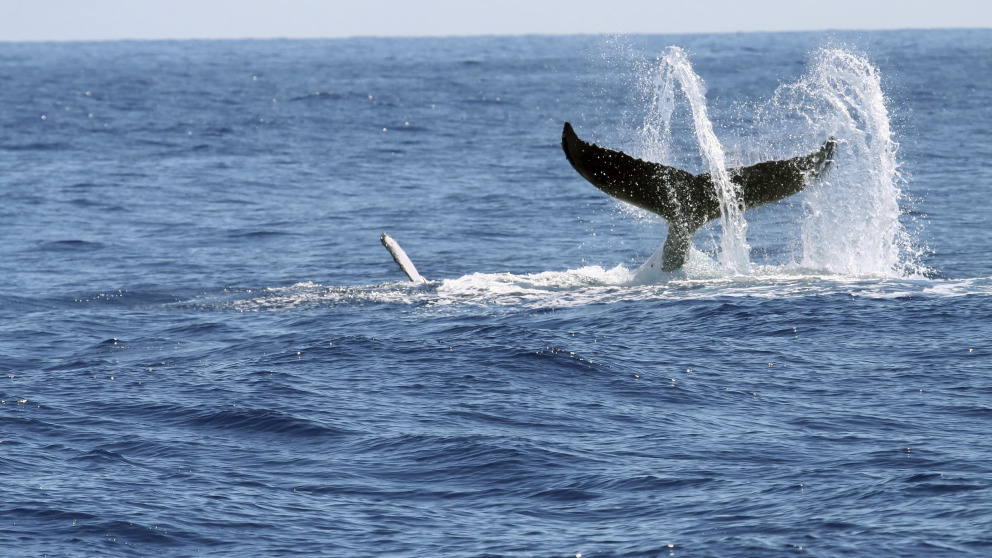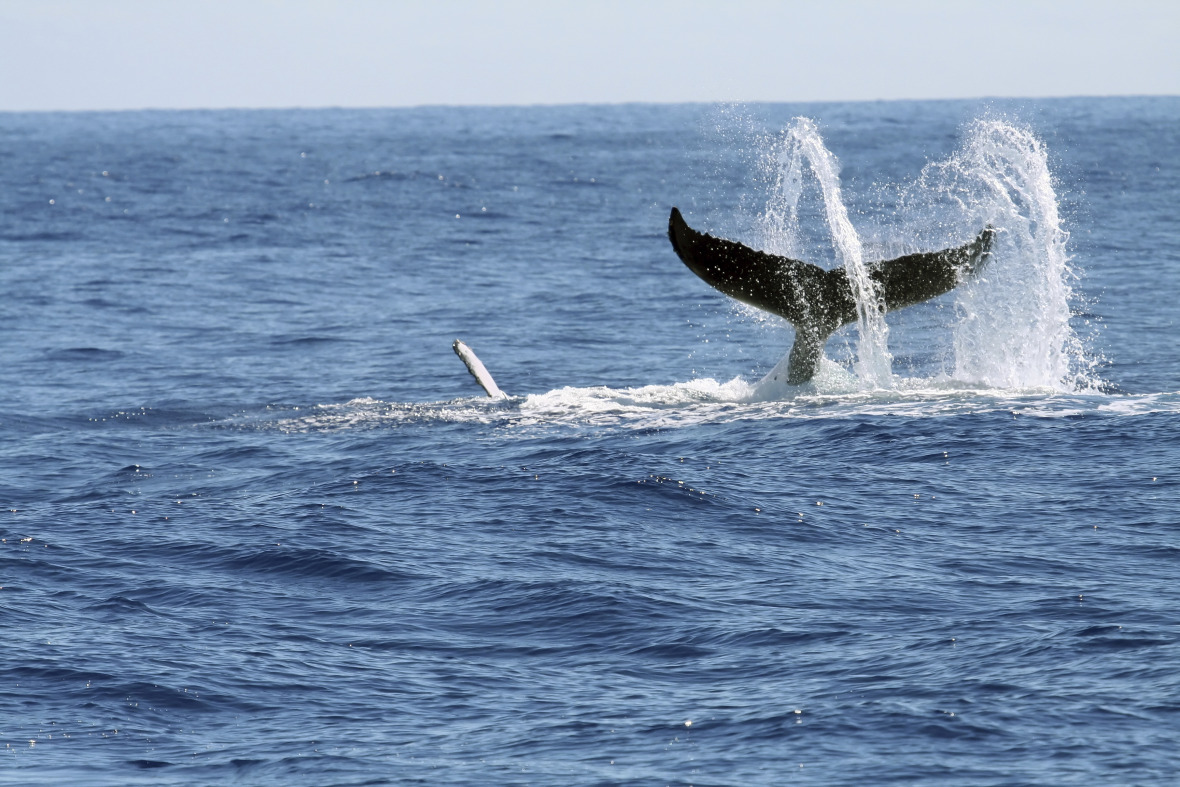Headline:
IASS Researchers Attend UN Negotiations to Protect Biodiversity on the High Seas

Governments are meeting in New York this week to decide whether the UN General Assembly should begin negotiations on a new agreement that would help to protect currently ungoverned parts of the ocean – areas beyond national jurisdiction (the high seas) – making good on a promise by UN Member States at the Rio+20 Earth Summit in 2012 to take this decision by September 2015. The IASS Ocean Governance team, which advocates that negotiations on a new ocean biodiversity treaty be launched, is in attendance.

This week’s meeting is the last in a process that was agreed in 2012 at Rio+20. At the previous meeting (16–19 June 2014), a strong coalition of states called for a new implementing agreement under the United Nations Convention on the Law of the Sea (UNCLOS). With its project Advancing Governance of Areas Beyond National Jurisdiction, the IASS is engaging with this process and providing policy advice to delegations. On the sidelines of the talks in New York, the IASS will host an international expert meeting, together with the Institute for Sustainable Development and International Relations (IDDRI) and the UN Environment Programme (UNEP), to discuss the outcomes and key recommendations of the 2014 Potsdam Ocean Governance Workshop. It will also present its work on access to marine genetic resources and benefit-sharing in areas beyond national jurisdiction at a capacity-building workshop for Pacific Island States.
The high seas is a vast area that makes up nearly two-thirds of our ocean and almost 50 per cent of our planet’s surface. It currently falls outside of any country’s national jurisdiction, and remains largely unprotected with patchy governance. Weak governance on the high seas is widely accepted as one of the major factors contributing to ocean degradation from human activities such as overfishing, pollution from sea- and land-based sources, marine debris, and underwater noise, which is harmful to many species, especially whales. New and emerging activities, such as deep-sea mining, pose risks that could extend across vast tracts of the deep seabed and water column.
For further information on the UN discussion on areas beyond national jurisdiction, see the following publications:
- IASS Working Paper “The Scores at Half Time”
- IASS Policy Brief “Advancing Governance of the High Seas”
- Special Section: Advancing Governance of Areas Beyond National Jurisdiction (Marine Policy, November 2014)
Photo: © istock/Xavier Marchant
21.01.2015
